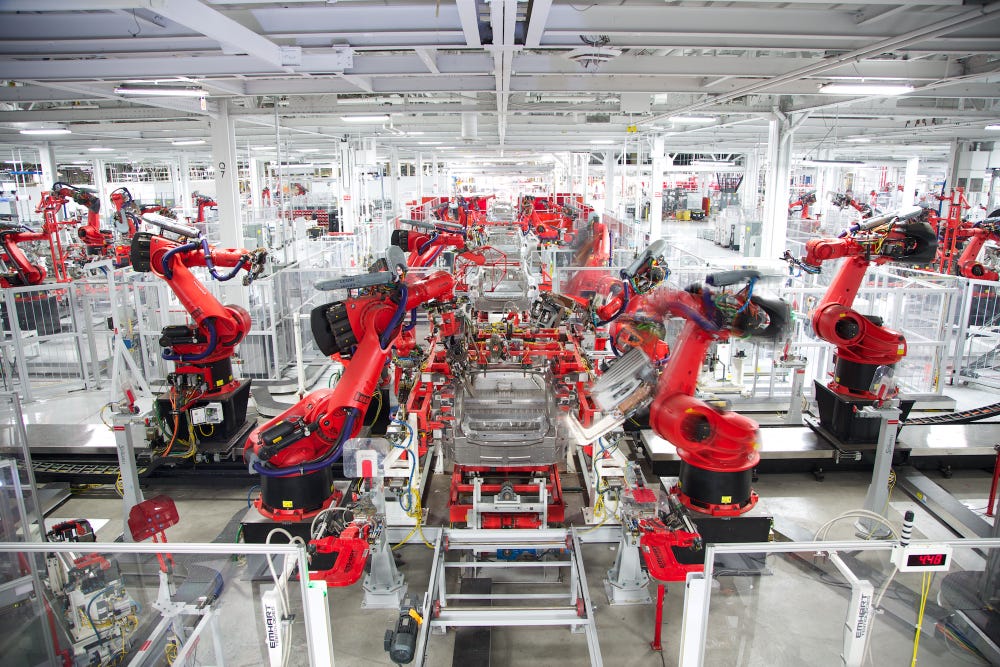Elon Musk promises an Autopilot ‘quantum leap’ in the next few weeks. Here’s how Tesla’s one-of-a-kind bet on self-driving tech works.
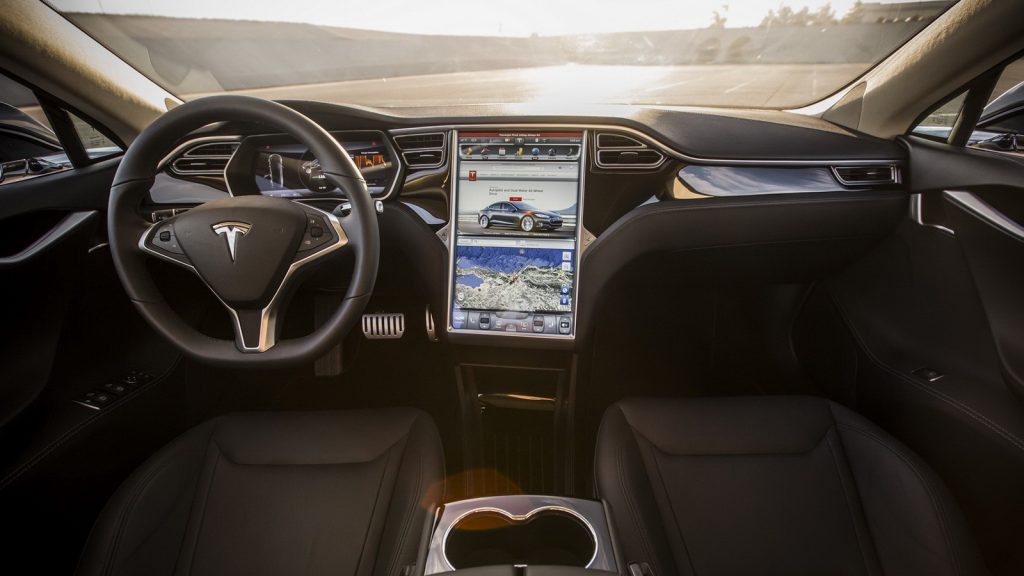
- Tesla has taken a radically different path to developing fully autonomous vehicles, when compared with competitors, such as Waymo and Cruise.
- Tesla CEO Elon Musk is confident; he has said Tesla could achieve “level five” autonomy this year — meaning no human intervention required.
- Waymo and Cruise have concentrated in relatively narrow use-cases, while Tesla’s technology could be be broadly applied.
- But Waymo and Cruise are also dedicated self-driving companies, while Tesla is also producing and supporting electric vehicles.
Elon Musk has always been bullish about Tesla’s self-driving technology, and now the electric automaker CEO has doubled down. In a Friday tweet, Musk promised that a coming update to Tesla’s “full self-driving” program “will come as a quantum leap, because it’s a fundamental architectural rewrite, not an incremental tweak,” and promised a limited public release in the next six to 10 weeks.
This tweek builds on Musk’s comments at a recent event in China, where he said, “I remain confident that we will have the basic functionality for level five autonomy complete this year,” as reported by Bloomberg.
“I think there are no fundamental challenges remaining for level five autonomy. There are many small problems, and then there’s the challenge of solving all those small problems and then putting the whole system together, and just keep addressing the long tail of problems.”
“Level five” is industry terminology for vehicles that can drive themselves with no human interaction. The conventional wisdom is that there are no true level five vehicles yet. Even Tesla’s main competitors in this space, Waymo and Cruise (the former is part of Alphabet, and the latter is affiliated with General Motors), admit that they have a long, long way to go before they can completely take the driver out of the picture.
Is Musk justified in being so confident? Skeptics say no way. While Waymo has been working on autonomy for over a decade, going back to the original “Google Car” project, and Cruise started out as a dedicated self-driving company before GM acquired it in 2016, Tesla has been adding its own autonomous tech while thus far delivering mainly advanced cruise control to customers.
On top of all that, Tesla’s approach to self-driving is radically different from Waymo’s, Cruise’s, and others in the burgeoning area.
Here’s what it’s all about, plus a rundown of its advantages and drawbacks:
Tesla Autopilot has been around for about five years. It was initially billed as a handsfree technology, but both the company and I agree that drivers should keep their hands on the wheel as much as possible.
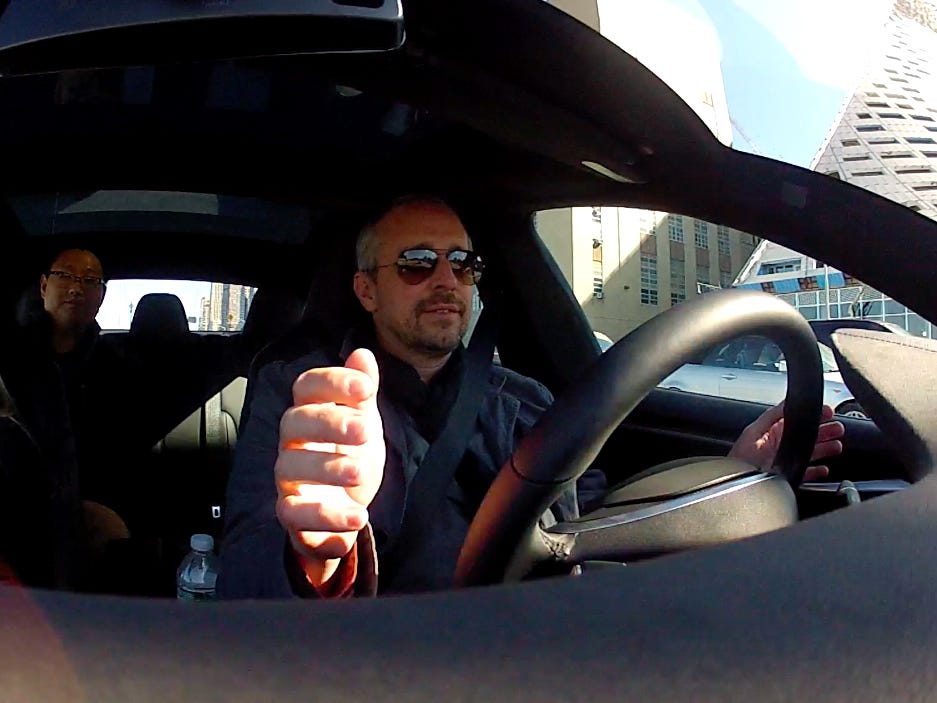
Tesla Autopilot is currently a combination of advanced cruise control with automated steering, plus a few maneuvering functions.
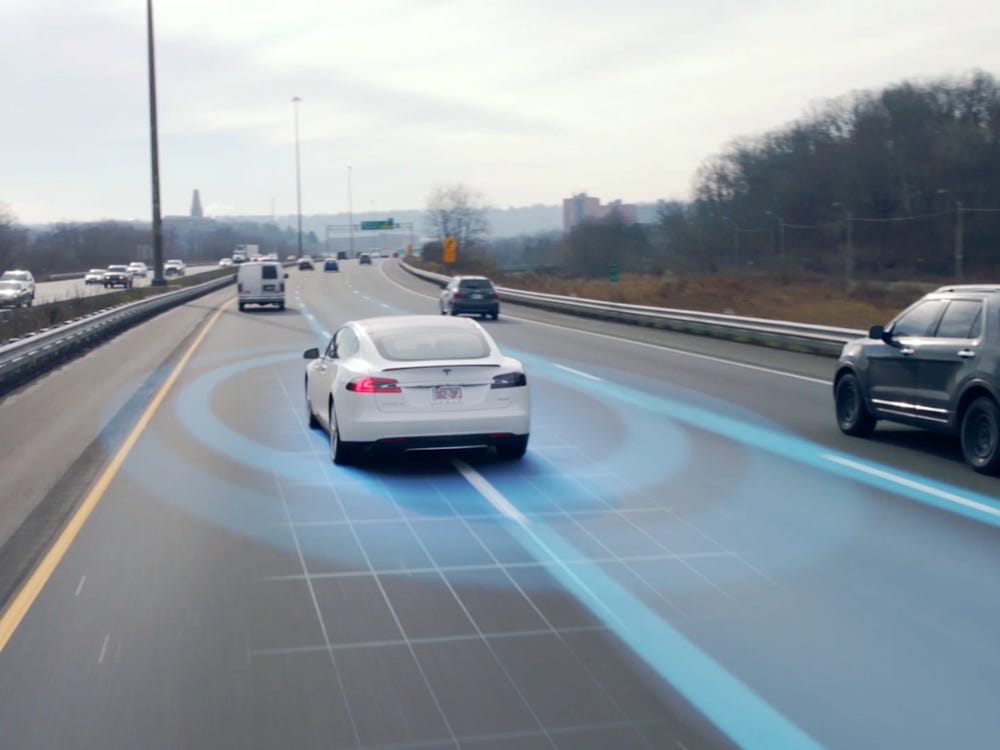
What the company calls “full self-driving” technology is available as hardware on all new Teslas, from the Model S …
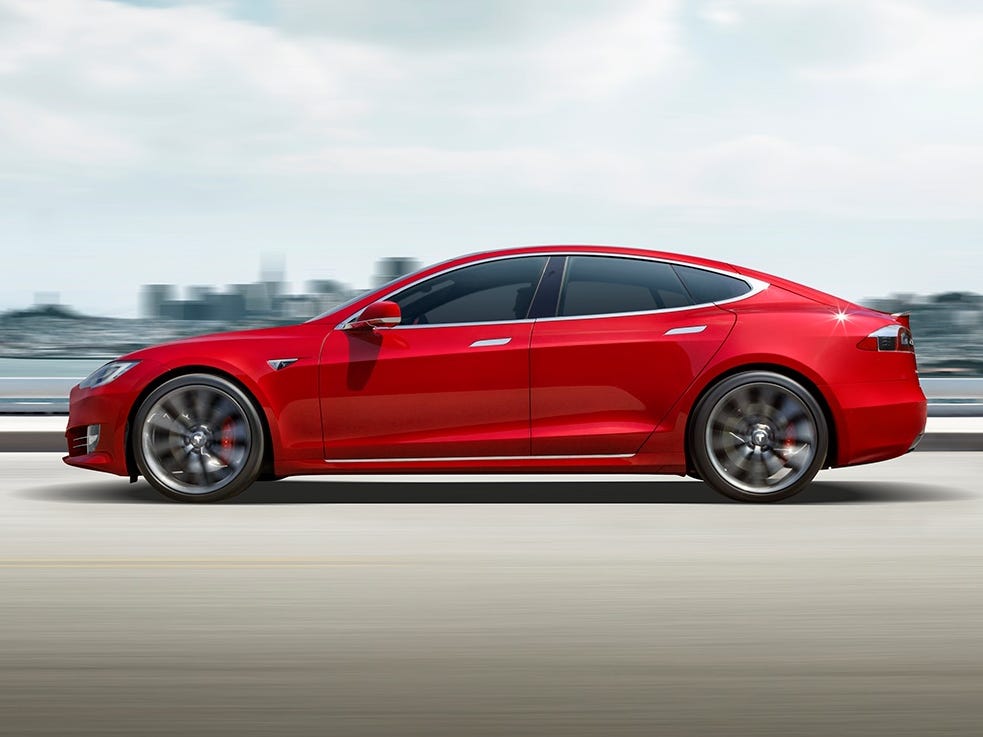
… To the Model X …
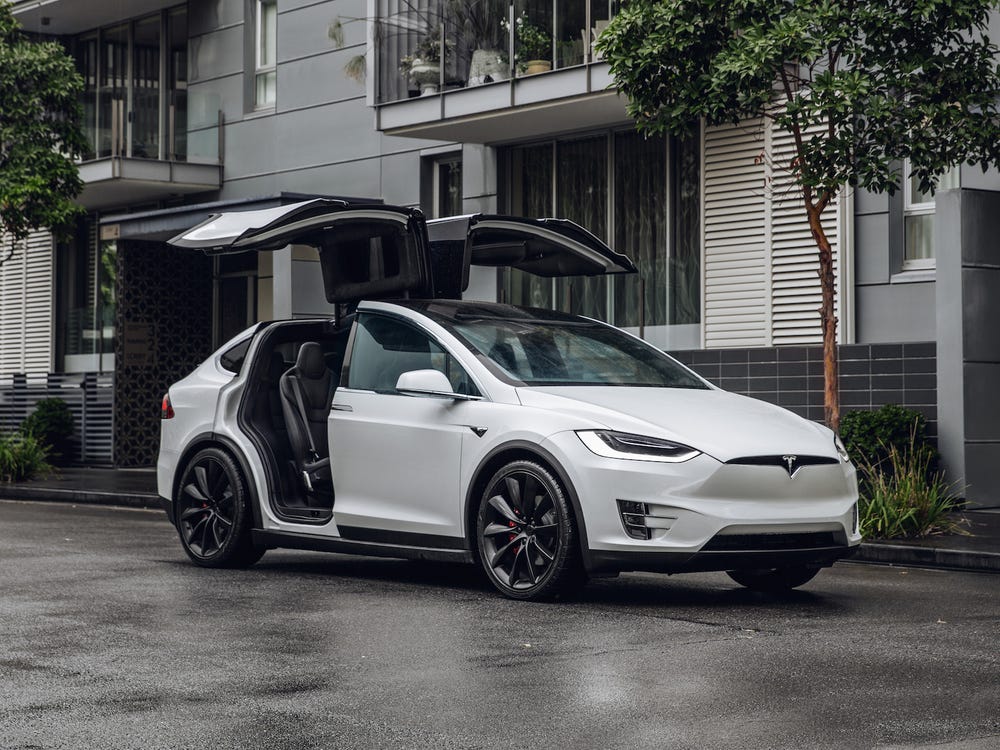
… To the Model 3 …
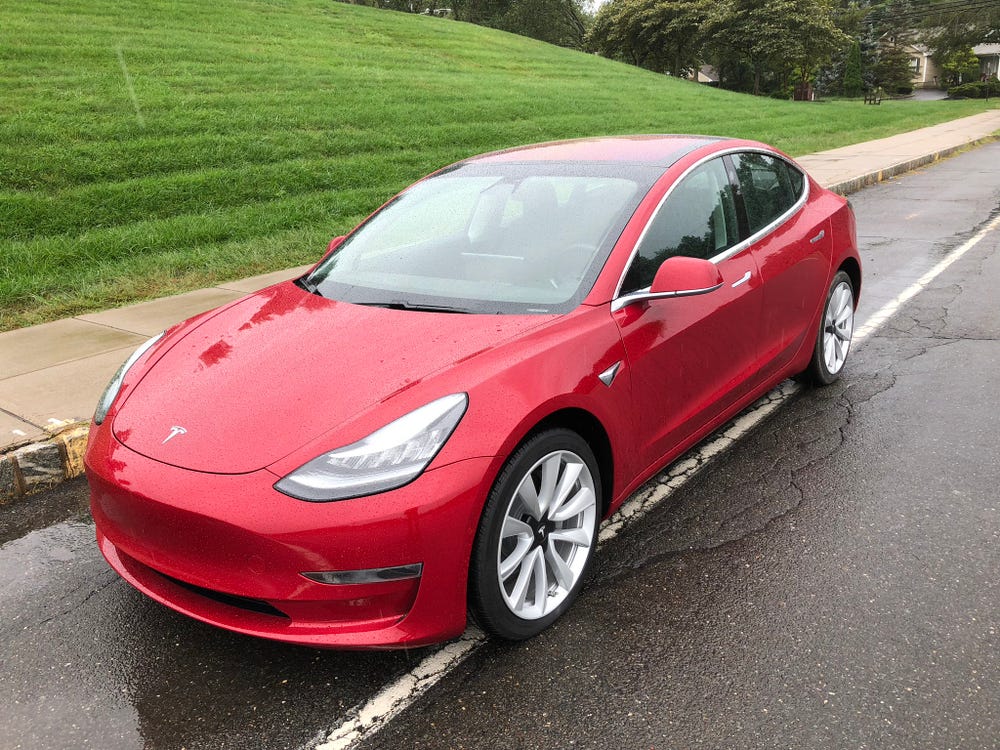
… To the Model Y …
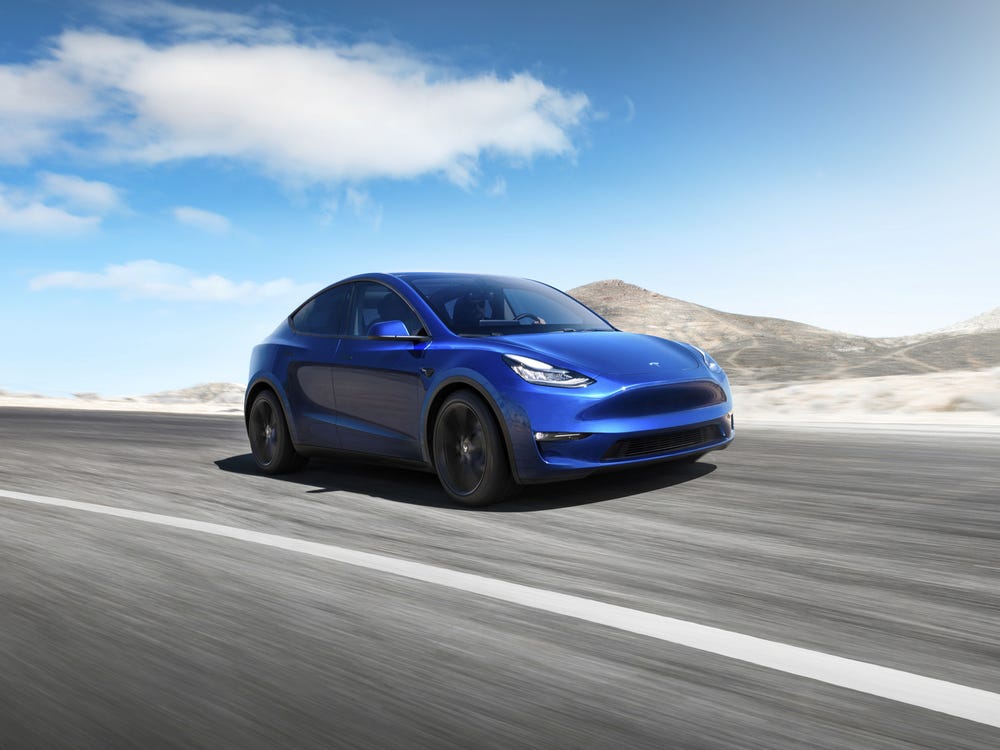
.. As well as the forthcoming Tesla Semi …
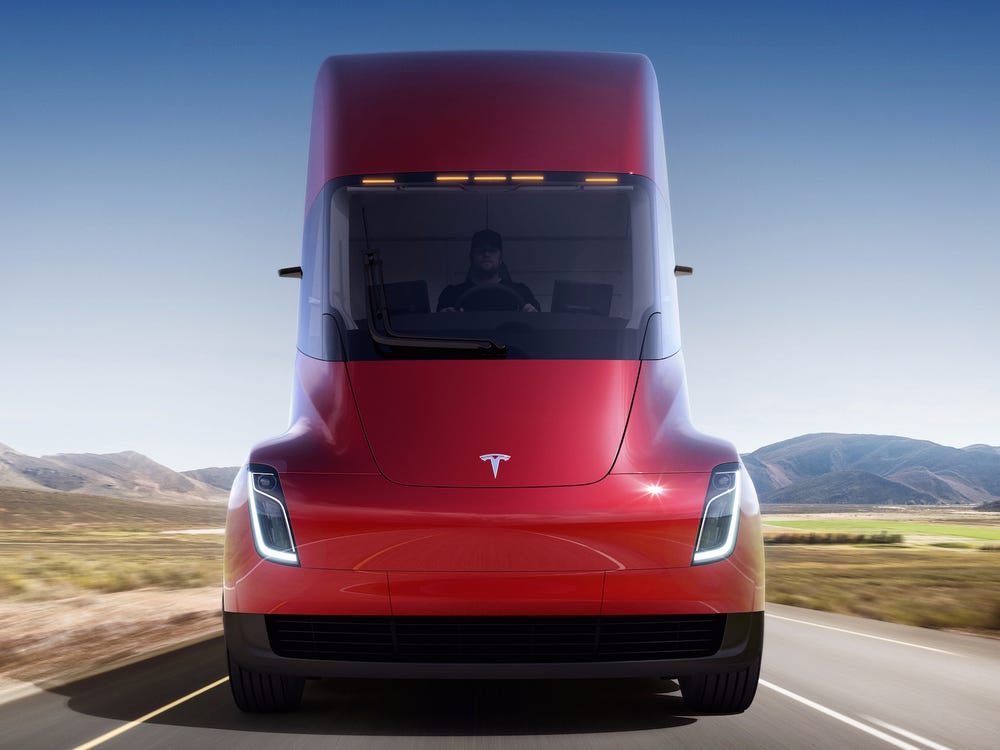
… And Cybertruck.
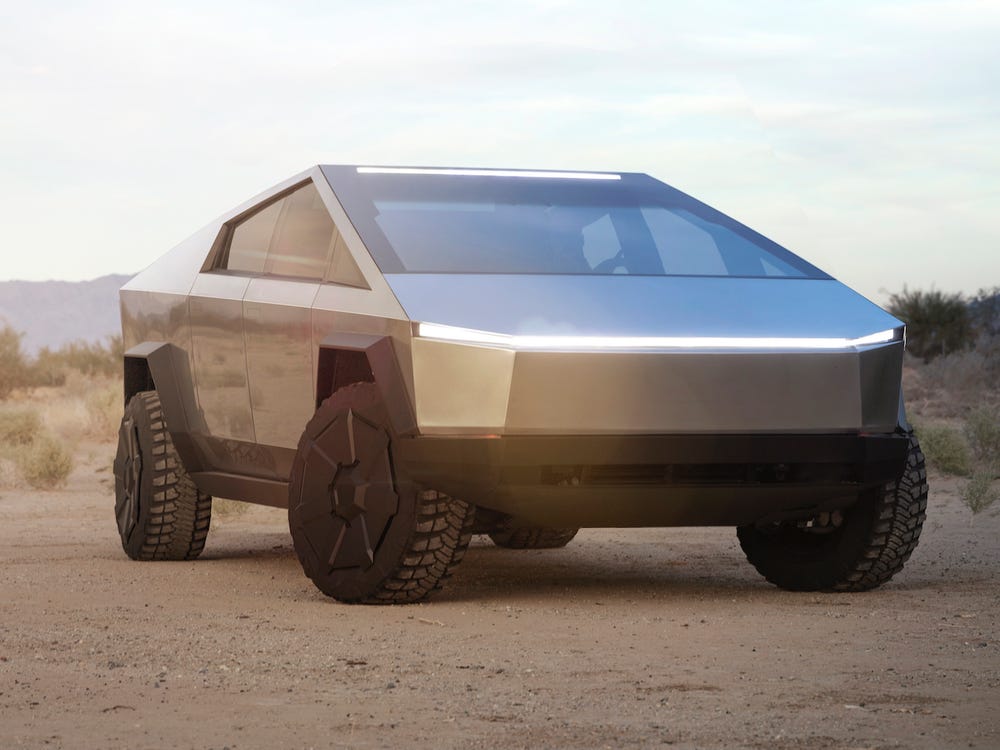
Musk is Autopilot’s biggest champion. But he has to be. Tesla has always lagged the competition where autonomy is concerned.
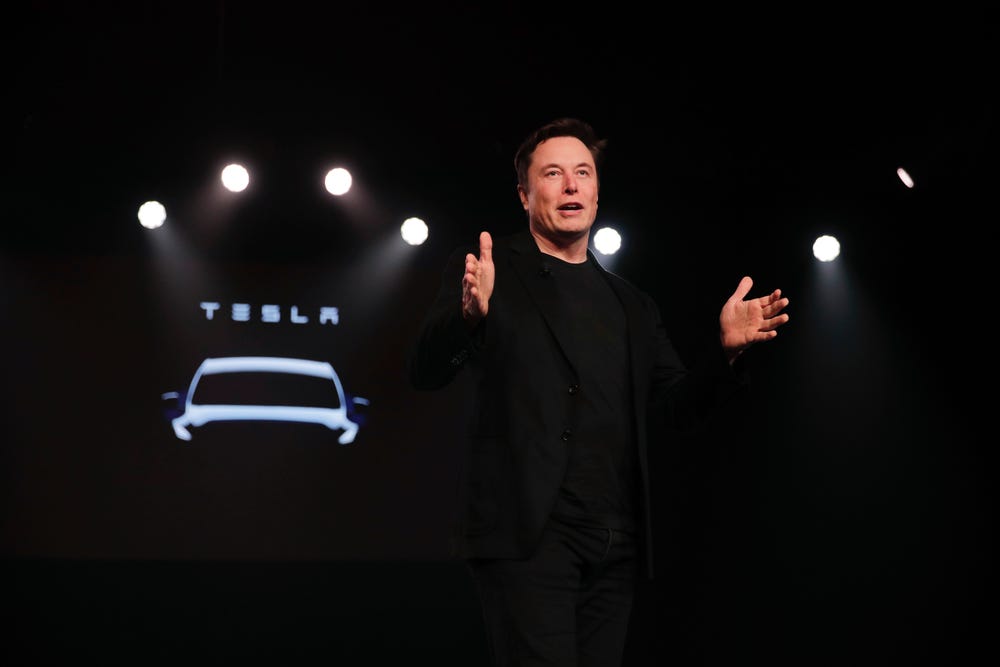
Meanwhile, Waymo’s “Waymo One” ride-hailing service has been active in Arizona since late 2018.

Waymo is also developing cargo/freight services and hopes to integrate with public transit systems.
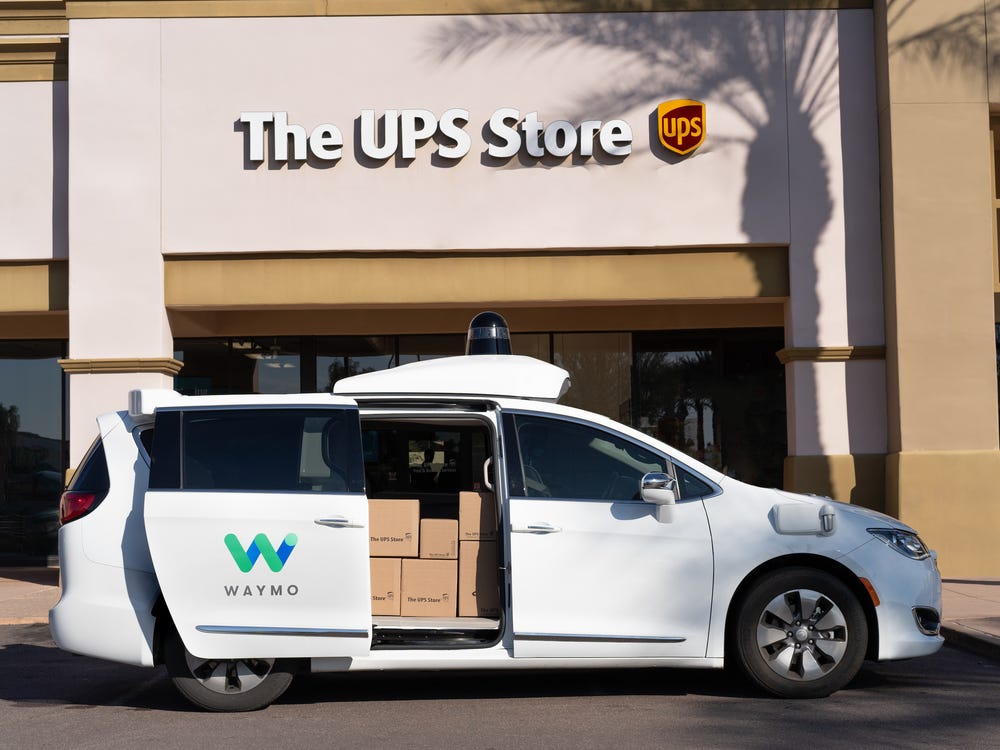
CEO John Krafcik frequently refers to Waymo’s tech as a “driver” — a sort of disembodied robot, made of hardware and software, that can pilot any type of vehicle.

Waymo has been at this for longer than anybody else. The company, spun off from Alphabet in 2016, got its start as the Google Car project over a decade ago.

Cruise has decided to focus on rolling out an autonomous ride-hailing service in San Francisco. The company has collaborated with GM and Honda to develop the Cruise Origin, an all-electric shuttle.
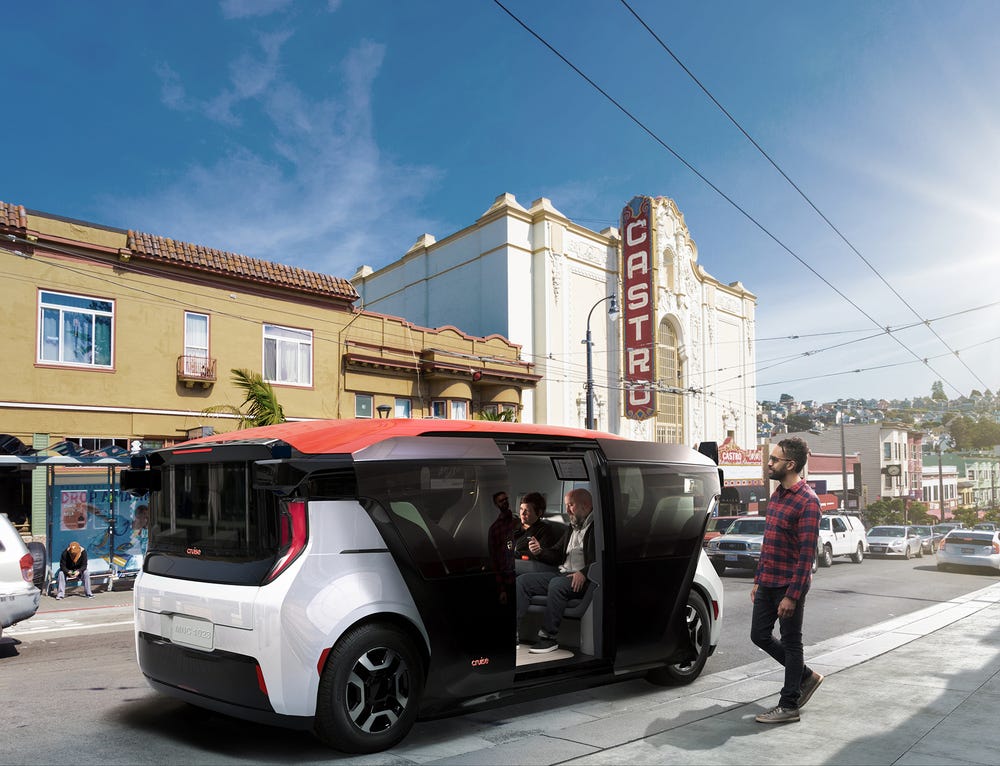
GM bought Cruise in 2016. Dan Ammann (right), former GM president, is now CEO, and cofounder Kyle Vogt (center) is CTO. Also pictured is cofounder Dan Kan, who is now chief product officer.
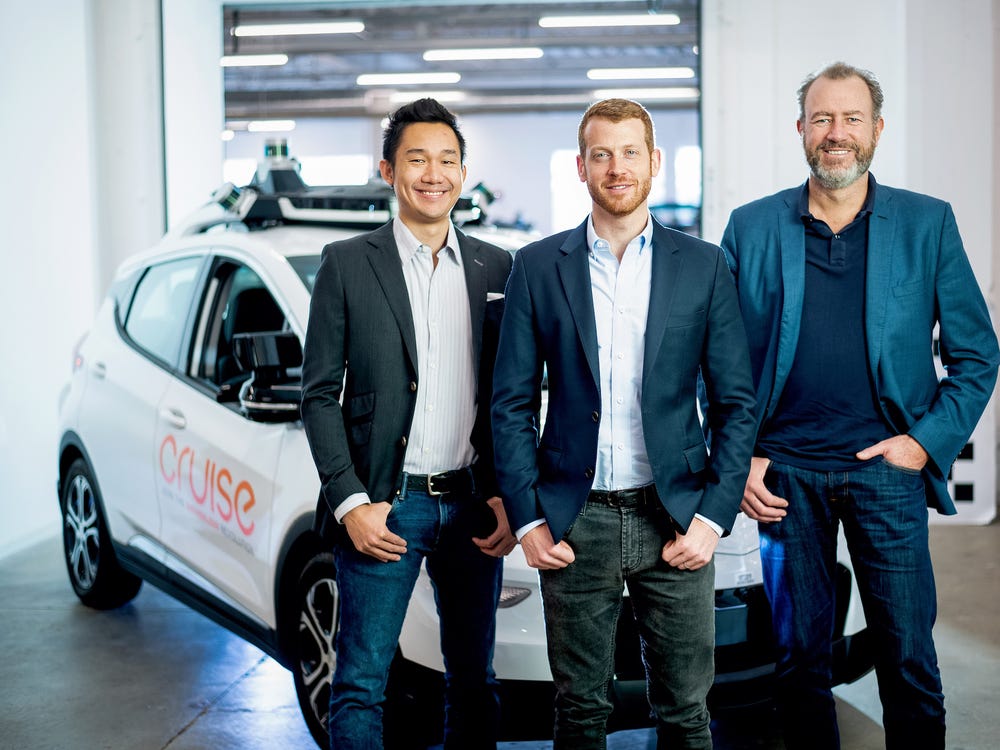
GM and Cruise have been steadily developing an integrated-manufacturing approach to autonomy. Cruise’s tech and software are built into vehicles as part of the assembly process.
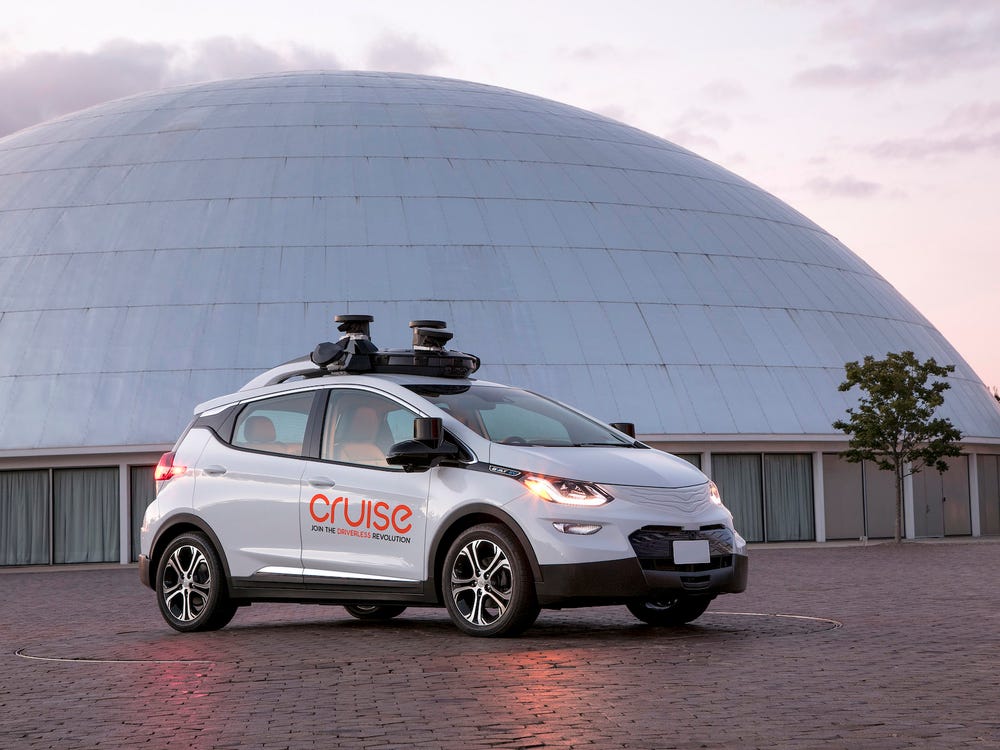
Cruise’s tech is optimized for urban environments, but GM also has a fully handsfree highway system in Super Cruise, which thus far has been deployed only on Cadillacs.
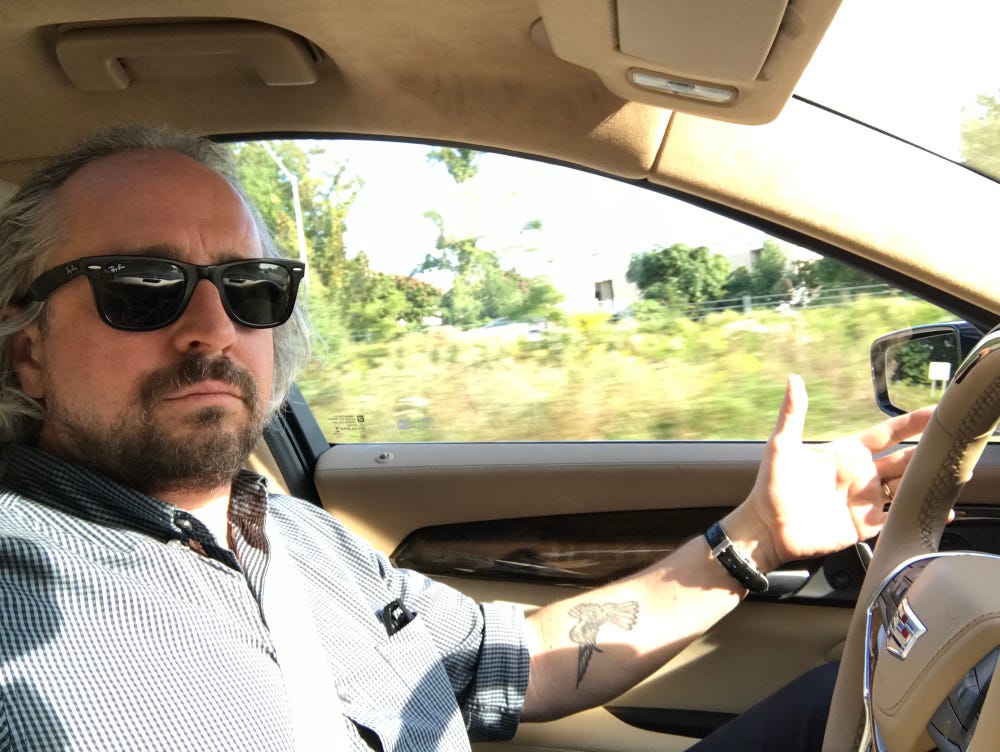
Both Cruise and Waymo are heavy users of laser-radar, or Lidar, technology.
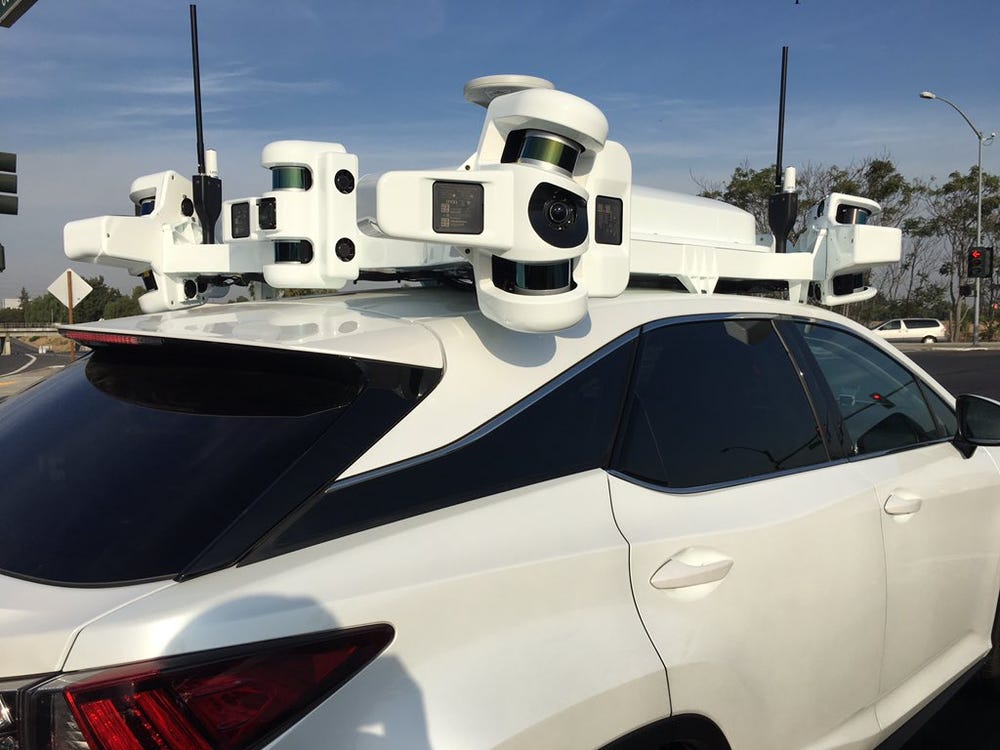
Both companies have focused on making Lidar units smaller and less obtrusive. Most experts think that Lidar is the best way to equip autonomous vehicles to drive themselves, but Cruise and Waymo also use a variety of other systems.
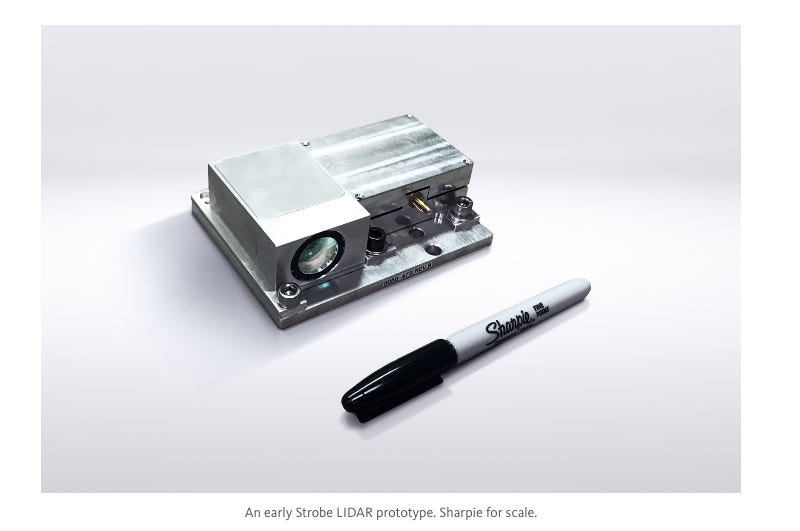
Tesla, by contrast, doesn’t use Lidar. Autopilot relies on cameras, sensors, and — most importantly — a vast amount of real-world driver information that’s generated by its fleet of cars.
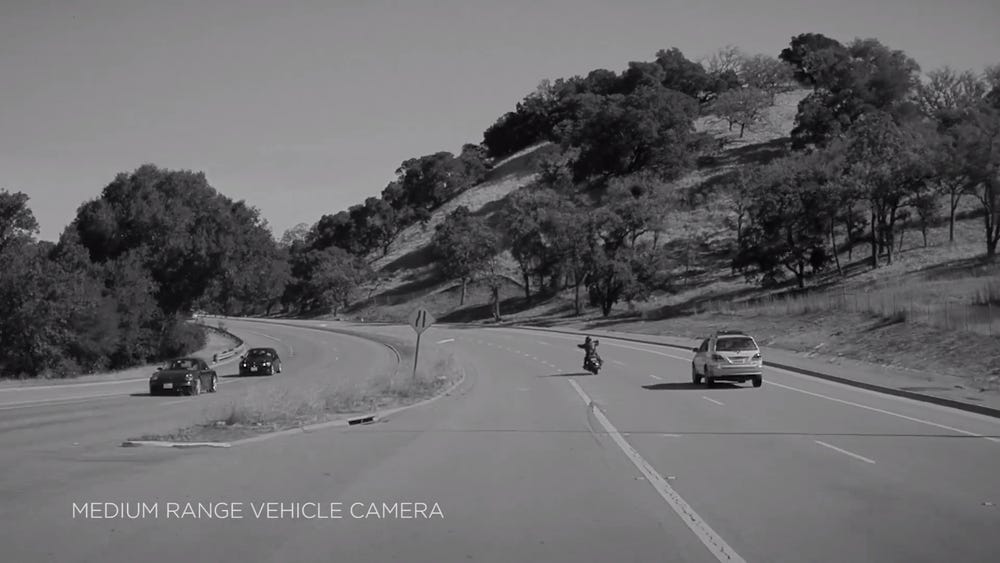
All that data has to be crunched by powerful computers in the vehicles.
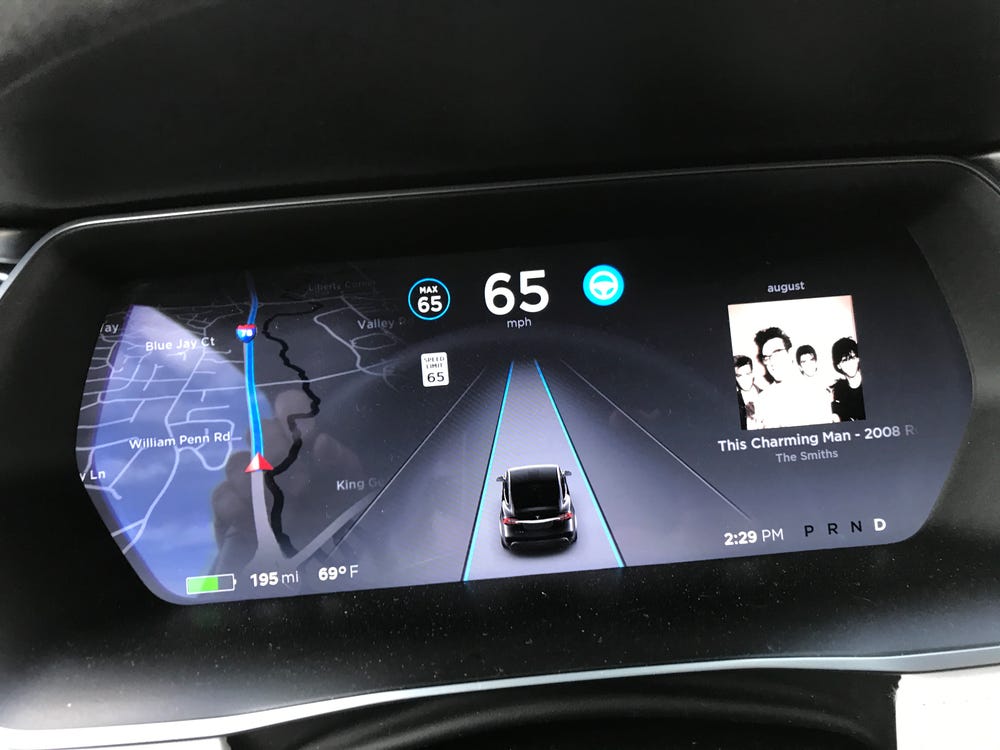
I like to think of it as a vast, real-time, multiplayer video game. The potential advantage it offers over Lidar is that it could enable Teslas to achieve network effects, leveraged by artificial intelligence, and allow an Autopiloting vehicle to drive itself just about anywhere.

Musk’s advocacy for this approach has been unrelenting. He’s a believer. But Tesla is also somewhat behind the curve; the company was so busy creating all-electric cars that it missed some development years.
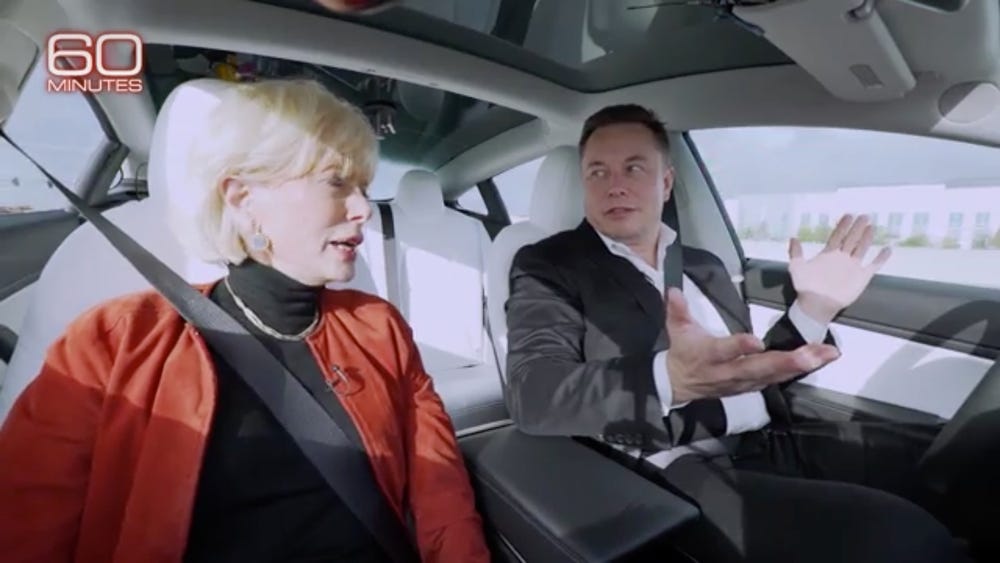
There’s good reason for each of the companies to be pushing the envelope. According to Cruise’s Ammann, the entire global market for self-driving ride-hailing services could be $8 trillion.
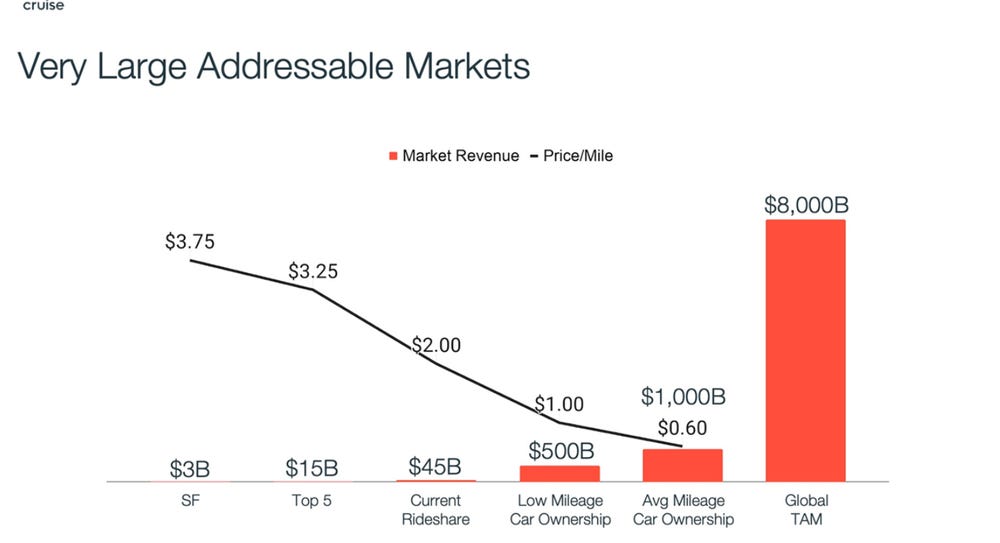
If Tesla has a critical advantage here, it’s that the company intends to make Autopilot as vertically integrated as possible, owning everything. So if the company’s bet pays off, Tesla gets to control everything and keep all the money. But for now, Tesla is playing catch-up, despite what Musk says.
